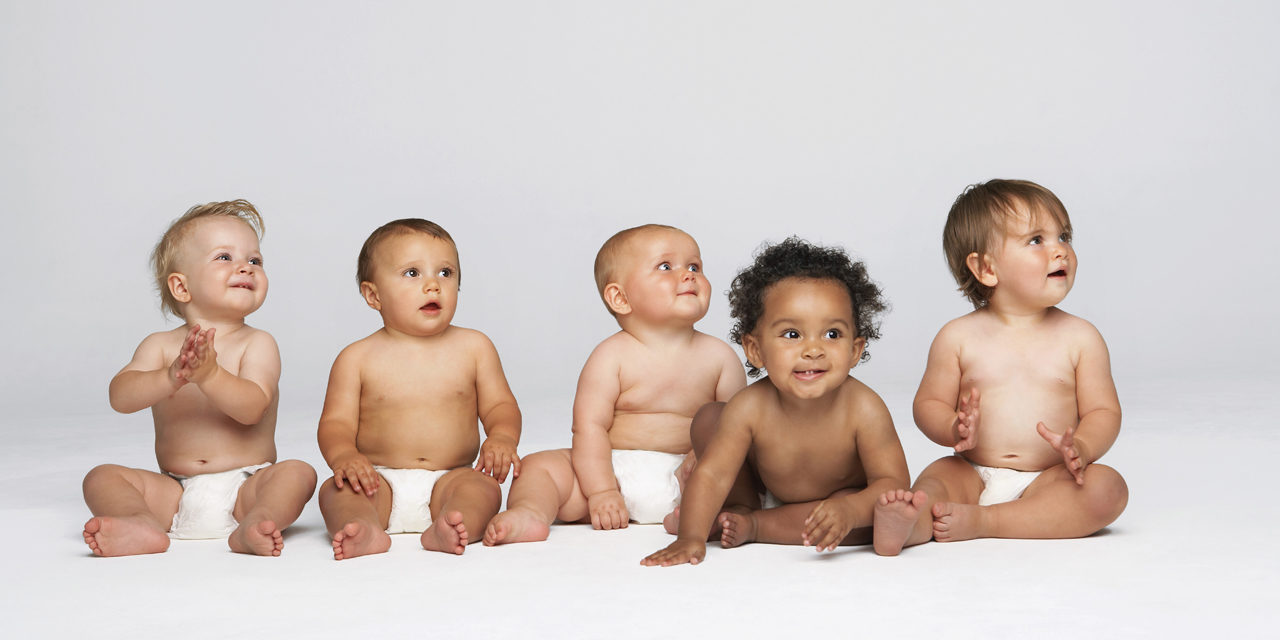Everyone loves babies, but fewer of us are having them today. And this has been true for quite some time in the United States and nearly every other developed nation in the world.
According to a new report from the National Center for Health Statistics, the U.S. birth rate has hit its lowest point of the last 35 years, down to 1.7. The fertility rate for the United States has generally been below replacement level stretching back to 1971. This is 2.1, the average number of babies each woman of child-bearing age must have for a generation to merely replace itself. The U.S. birth rate has only increased once since the Great Recession, in 2014. Otherwise, the rate of new babies coming along has been in steady decline.
Our nation saw a decline of 1%, down to 3.75 million babies born last year. Millennials are having fewer babies than any age group. It is not that they don’t want children, but rather feel as if they cannot become parents at this stage of their lives. Melanie Brasher, assistant professor of sociology at the University of Rhode Island, told the Wall Street Journal, “There are a lot of people out there who would like to have two children, a larger family, and there’s something going on … that makes people feel like they can’t do that.” No one is quite sure what is driving this reticence toward fertility among young adults, but many speculate it’s due to financial restraints: low income, college and credit card debt, insecure employment, and not feeling properly established in life. Others worry over relational stability and longevity with their partner.
Is Too Many or Not Enough Babies the Real Problem?
Most assume that one of the most pressing problems in the world today is overpopulation, that we have too many people, more than we can feed and care for. We have been told this time and again for decades by cultural elites.
But they have it precisely wrong and that is a very serious problem. We have far too few babies coming along.
So much so that many governments around the world, especially throughout Europe, are developing very attractive financial incentives so their couples will have more babies. This is not for sentimental reasons, because they believe more babies will make their nation a nice place to visit and live. It’s solely pragmatic. Every nation’s essential taxpayers, business owners, inventors, government leaders, health care workers, teachers, military, sports stars, and artists start out as babies. Thus, they need at least as many babies born today as they had last year.
China, Italy, Japan, Denmark, Canada, America, and others can only exist if current Chinese, Italians, Japanese, Danes, Canadians and Americans have Chinese, Italian, Japanese, Danish, Canadian and American babies. And then their babies must do so and so forth. Fertility is the future. Hardly any nations in the developed world are replacing themselves. In many places, adult diapers are outselling or on par with baby diapers. Elder care is a larger growth market than childcare.
Aren’t we overcrowded? That is not a problem at all, not even close.
Every one of our world’s 7 billion-plus citizens can fit within the state of Texas with a population density of New York City. And many find that city quite charming. We could even fit the world’s entire population in the small state of Rhode Island with enough room for each to jump around a bit.
Food? It is well established that we currently grow enough produce and grain globally today to sustain 10 billion people on a full vegetarian diet. Worldwide, we currently throw out or waste half of the food we produce. Half!
We must all be concerned with our nation’s fertility, for its decline is a very real, pragmatic problem. We must make sure we are creating the next generation of Americans, Canadians, Peruvians, Dutch and Italians today. They are not going to come along by themselves. Fertility is the patriotic duty of every citizen and we are not doing very well at it of late.
You can learn more about the threat of our world’s under-population here and here.






